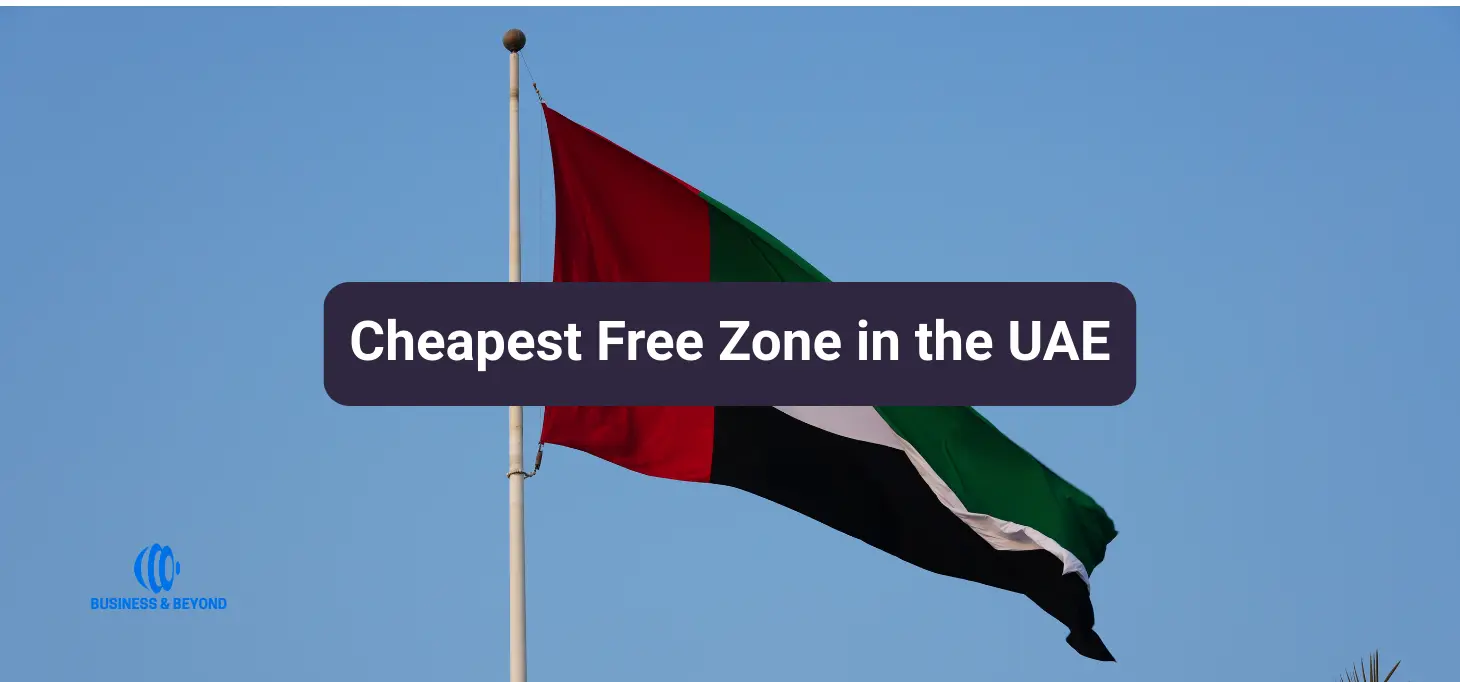
When expanding internationally, one of the first tax questions investors and businesses face is whether they must pay withholding tax (WHT) on cross-border payments. Withholding tax is common in many countries, but the United Arab Emirates (UAE) stands out as one of the few nations where WHT is not applied.
This favorable policy is a major reason why global companies, entrepreneurs, and investors choose the UAE as their business hub. In this comprehensive guide, we’ll explain what withholding tax is, why it doesn’t exist in the UAE, how the UAE compares globally, and what this means for your business in 2025 and beyond.
What is Withholding Tax?
Withholding tax is a direct tax deducted at source when certain payments are made from one party to another, often across borders. The paying entity withholds part of the payment and remits it to the government on behalf of the recipient.
\Learn more: 5 Signs You Need Help from a Tax Consultant in UAE Today
Common payments subject to WHT globally:
- Dividends – Profits paid to shareholders.
- Interest – Payments on loans or bonds.
- Royalties – Payments for intellectual property, patents, trademarks, or software.
- Service fees – Certain technical or professional services provided across borders.
In most countries, withholding tax ensures governments collect tax from foreign entities that may not have a physical presence locally.
Withholding Tax in the UAE
Current Rate: 0%
The UAE does not impose withholding tax. Whether your company pays dividends, interest, royalties, or service fees to a foreign entity, there are no deductions at source.
Why Withholding Tax is Not Applied in the UAE
The UAE government’s tax framework is designed to promote business growth, foreign investment, and global competitiveness. Some reasons include:
- Encourages foreign direct investment (FDI) by removing extra tax burdens.
- Simplifies the tax system, lowering compliance costs.
- Supports the UAE’s reputation as a global business hub.
- Enhances the attractiveness of free zones, which already offer tax benefits.
- Promotes international trade and cross-border transactions.
This policy is one of the cornerstones of the UAE’s investor-friendly environment.
How UAE Compares with Other Countries
Withholding tax is the norm globally, making the UAE’s 0% rate stand out.
| Country | Dividend WHT | Interest WHT | Royalty WHT |
|---|---|---|---|
| UAE | 0% | 0% | 0% |
| Saudi Arabia | 5% | 5% | 15% |
| India | 20% (varies with treaty) | 10% | 10% |
| United Kingdom | 0% (with exemptions) | 20% | 20% |
| United States | 30% (reduced by treaty) | 30% | 30% |
👉 As shown, businesses in the UAE enjoy a clear tax advantage compared to many other major markets.
The Role of Double Tax Treaties (DTTs) in UAE
The UAE has signed over 140 double tax treaties (DTTs) with countries worldwide. These treaties:
- Prevent businesses from being taxed twice on the same income.
- Further reduce or eliminate foreign withholding taxes on payments made to UAE residents.
- Provide clarity and legal protection for cross-border investors.
Example:
A UAE company paying royalties to an Indian parent company may face 10% WHT in India. However, under the UAE–India DTT, this rate could be reduced, making the UAE even more attractive as a base for international operations.
Withholding Tax vs Corporate Tax in UAE
Many businesses confuse withholding tax with the recently introduced corporate tax regime in the UAE. They are not the same.
- Withholding Tax (WHT): Cross-border tax deducted at source. (Not applicable in UAE)
- Corporate Tax: A tax on profits of UAE companies (generally 9% for taxable income above AED 375,000).
This means:
- Paying dividends, royalties, or interest abroad does not trigger WHT in UAE.
- But UAE-resident companies earning taxable profits may be liable for corporate tax.
Future Outlook: Could Withholding Tax Come to UAE?
At present, there are no plans to introduce WHT in the UAE. The government has consistently emphasized its commitment to providing a competitive, low-tax environment.
However, businesses should stay alert to:
- OECD’s BEPS (Base Erosion and Profit Shifting) framework, which pressures countries to curb aggressive tax avoidance.
- Global minimum tax initiatives that may influence future policies.
While the UAE currently offers 0% WHT, regulatory landscapes worldwide are evolving, and it’s wise for investors to keep updated.
Practical Scenarios: How Businesses Benefit
Case Study 1: Dividend Payments
A free zone company in Dubai pays dividends to shareholders in Europe.
- In many countries, 10–20% WHT would apply.
- In the UAE: 0% withholding tax — full dividends are distributed.
Case Study 2: Royalty Payments
A UAE mainland company pays royalties to a parent company in the United States.
- In the US, the standard WHT is 30%.
- UAE imposes no WHT on outbound payments, and treaty benefits may further reduce the US side.
Case Study 3: Interest Payments
A UAE entity borrows funds from an international bank.
- Interest paid abroad is not subject to UAE WHT, unlike in India or KSA.
👉 These scenarios highlight how the UAE allows businesses to maximize cross-border efficiency and save costs.
Key FAQs on Withholding Tax in UAE
1. Are there any withholding tax exemptions in UAE?
Since UAE does not impose WHT, exemptions are generally not needed.
2. How does WHT in UAE compare to GCC countries?
Saudi Arabia, Kuwait, and Oman apply WHT, while the UAE and Bahrain do not.
3. Is withholding tax part of corporate tax in UAE?
No. Corporate tax applies on business profits, while WHT applies to cross-border payments. The UAE does not levy WHT.
4. Will UAE introduce withholding tax in the future?
Currently, there are no announcements, but businesses should monitor global tax developments.
5. How can businesses stay updated on UAE tax rules?
Through the Federal Tax Authority (FTA) updates, consulting licensed tax advisors, and monitoring OECD developments.
Final Thoughts
The absence of withholding tax in the UAE is a major advantage for foreign investors, multinational companies, and entrepreneurs. It reduces the cost of doing business, encourages global trade, and strengthens the UAE’s position as a leading financial and business hub.
However, with evolving global tax frameworks, it is important for businesses to remain compliant, structured properly, and up-to-date on policy changes.
If you’re planning cross-border operations, expert guidance is essential. Our consultants can help you navigate corporate tax rules, treaty benefits, and international compliance while maximizing the UAE’s tax advantages.





Leave A Comment